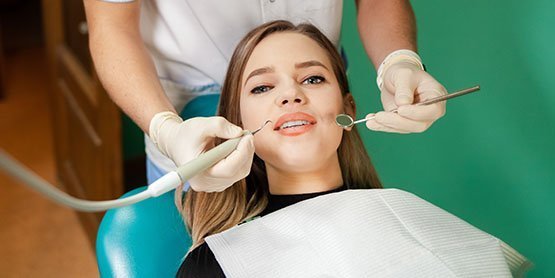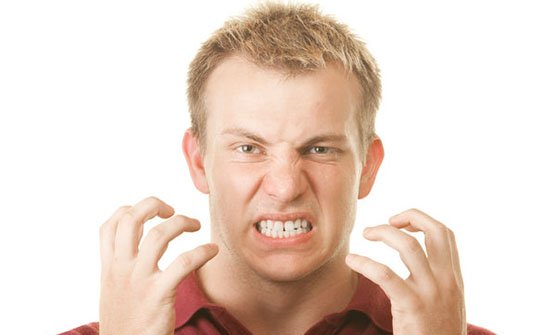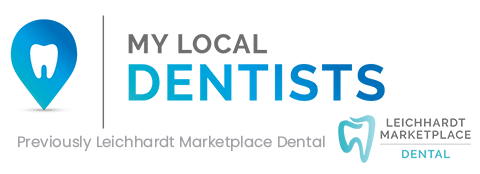Bruxism

Bruxism Management Leichhardt
Bruxism, also known as teeth grinding and jaw clenching, is a common condition that often goes undiagnosed.
It is a condition wherein the sufferer grinds, gnashes, or clenches their teeth.
If you suffer from bruxism, you may clench your teeth when awake, or clench or grind them while sleeping.
Types of Bruxism
Awake bruxism may be due to anxiety, stress, anger, frustration, or tension, or may be a coping mechanism or a habit while concentrating.
Sleep bruxism may be a sleep-related disorder related with arousals during sleep. Those who grind their teeth while sleeping are more likely to have other sleep disorders, such as snoring and sleep apnoea.
Mild bruxism may not need treatment. However, in some people, bruxism can be persistent and serious enough to cause jaw discomfort, pain, damaged teeth, and other severe problems.

Symptoms of Bruxism
Symptoms of bruxism include:
- Face and head pain
- Ear pain
- Pain and muscle stiffness in the jaw joints and muscles, which can lead to TMJ disorder
- Disrupted sleep
- Worn-out teeth, which can lead to sensitivity and tooth loss
- Damaged teeth or fillings
When to see your Leichhardt dentist
See your Leichhardt dentist if you have any of the abovementioned symptoms or have any other problems about your teeth or jaw.
If you notice that your child is grinding and/or clenching their teeth — or has other advanced symptoms of bruxism — please do not forget to mention it at your child’s dental check-up.
Occlusal Splints
Occlusal splints removable dental appliances specially made to fit the upper or lower teeth. In most cases, it is worn during sleep.
The main reason for wearing an occlusal splint is to create a protective barrier between the biting and grinding surfaces of the teeth to keep them against wear and damage.
Occlusal splints come in different designs, including soft or hard, full or partial and those for the lower jaw and/or the upper jaw. Considering your preferences, your Leichhardt dentist will advise which material and design will provide the greatest relief based on your case.
Bruxism Management in Leichhardt
If undiagnosed and untreated, bruxism may lead to long-term dental wear and damage – hence the need for further dental treatment to try to correct the damage caused.
It is important that the diagnosis is made early on.
If you or your loved ones suspect that you are a bruxer, please call your Leichhardt dentist and schedule an appointment.
Request an appointment with your dentist in Leichhardt today.
Call us on (02) 9171 0840 or request your appointment online.
We are located at Shop 48, Leichhardt Marketplace Shopping Centre, 122-138 Flood Street in Leichhardt.
